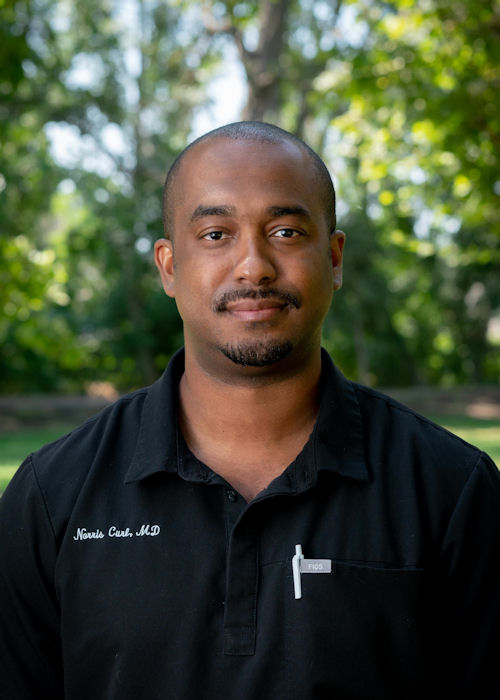Recovery from addiction or mental health disorders is often thought to revolve entirely around mental and emotional health. However, this is not true. Addiction and mental health are greatly tied to one’s physical health as well. People sometimes dismiss the importance of physical health in recovery, though it is equally as important as one’s mental health. To maintain sustainable sobriety, all aspects of a person must be addressed. The goal should be to create an overall healthy life.
First Steps Recovery prioritizes a whole-person approach, which embodies all the different elements of a person’s health. This includes emotional health, mental health, physical health, and one’s spirituality. It is important to value physical health when in recovery, and First Steps Recovery helps clients prioritize this equally among other elements of the healing process.
The Importance of Physical Health in Recovery
Physical activity impacts how a person feels on both a mental and physical level. Mental and physical health are closely intertwined, so when the physical body feels good, this encourages better mental health. Therefore, strengthening physical health helps with stress management. Stress management is a significant factor in relapse prevention for clients as well as in avoiding the development of any (or more) mental health disorders. Overall, the main point of including efforts to improve physical health in addiction recovery is to address contributing factors to the addiction and promote ongoing healthy lifestyle habits.
Improving physical health also helps clients develop healthy coping mechanisms and lifestyle habits. When someone is in recovery from addiction, it is important to make lifestyle changes that promote sobriety and overall health. Physical health is part of this as clients can turn to the gym, yoga, walks, or other physical exercises for stress relief or to improve mood. Some clients may be more open to lighter forms of physical exercise, such as yoga or taking walks or hikes. Others may enjoy weightlifting or running. Regardless, finding the most beneficial way to improve physical health is important.
Another aspect of physical health is diet. Putting good food, nutrients, and proteins into one’s body enhances health. Sometimes drugs can suppress one’s appetite, leading to disordered eating habits or an eating disorder of some kind. This is why physical health also includes dietary education and healthy diet encouragement. During the program, clients learn about and practice a healthy diet in their recovery lives. By fueling the body in a healthy way, clients can have more energy and make thoughtful and active choices that better their lives.
First Steps Recovery and the Whole-Person Approach
The whole-person approach is something First Steps Recovery values greatly. Whole-person health is also known as integrative health. This approach embodies all elements of recovery: the mind, body, and spirit. It acknowledges that a person’s disorder or disease is not separate from their health, mindset, or other personal factors. In order to achieve long-term sobriety, addressing all elements of a person and any factors that may influence their addiction is crucial. Whole-person approaches to care go beyond the surface of an addiction or symptom.
Improving physical health is part of this approach, especially since poor physical health works against recovery and treatment. Diet and exercise, for example, are important to address and improve while in recovery. First Steps Recovery provides clients with both educational resources regarding physical health and hands-on methods of implementing healthy lifestyle habits.
Physical Therapy and Recreation Therapy at First Steps Recovery
Addiction leaves clients physically and mentally drained, often due to a lack of rest and good nutrition. Clients may be undernourished, underweight, have poor muscle toning/retention, skin problems, and dental or hair problems. Often clients’ brains are deprived of oxygen or experience brain fog. Two holistic therapies First Steps Recovery offers that can improve these aspects of physical health are physical therapy and recreation therapy.
Physical therapy encompasses wellness as a whole, addressing the areas of nutrition, supplementation, and exercise. Having positive physical health with good energy makes recovery much easier than trying to recover when feeling fatigued or sick. The physical body tends to heal more quickly than the brain. Focusing on nutrition can help expedite the process. What’s more, good nutrition can help clients maintain a healthy weight by offering the proper amount of vitamins, minerals, and proteins. Exercise is another element of physical therapy that improves digestion, circulation, strength, stability, the immune system, aches and pains, and many other things.
Recreation therapy is another way of improving physical health by encouraging hiking and walking around the Yosemite grounds. This therapy provides both an exhilarating and relaxing environment for clients. When paired with physical therapy, which is more educational and guiding for clients, clients can participate in physical fitness and start to develop new lifestyle changes. Practicing physical fitness builds healthy habits that promote longevity and sustainable recovery.
At First Steps Recovery, we understand that addiction and recovery are complex and personal. We use a whole-person approach not only to personalize treatment for each client but to also address all elements of the person’s lifestyle that influence addiction. There are often underlying causes and detrimental effects of addiction. At times, physical health is compromised because it is intertwined with mental well-being. Here, we offer services that bring physical health into the conversation with addiction. We promote exercise and a healthy diet to improve physical health through physical therapy and recreation therapy. To learn more about the importance of physical health as well as our holistic services that promote physical well-being, call us at (844) 489-0836.
Dr. Curl is the Medical Director and primary on-site provider for First Steps Recovery. He is a Board Certified Internist and Addiction Medicine Specialist having attended the David Geffen School of Medicine at UCLA and completing his residency at Mount Auburn Hospital with Harvard Medical School. Following several years work as an internist and physiatrist (physical medicine and rehabilitation). Dr. Curl completed the Addiction Medicine Fellowship at Howard University in Washington DC and participated as a RAM Scholar (Research in Addiction Medicine). While part of the fellowship, Dr. Curl pursued research investigating the barriers to expanding and improving medication for opioid use disorder. Following his fellowship, Dr. Curl spearheaded the Opiate Use Disorder outpatient clinic and worked in the Department of Psychiatry and Behavioral Sciences within the Howard University Hospital. In 2023, Dr. Curl completed his Board Certification in Addiction Medicine.








